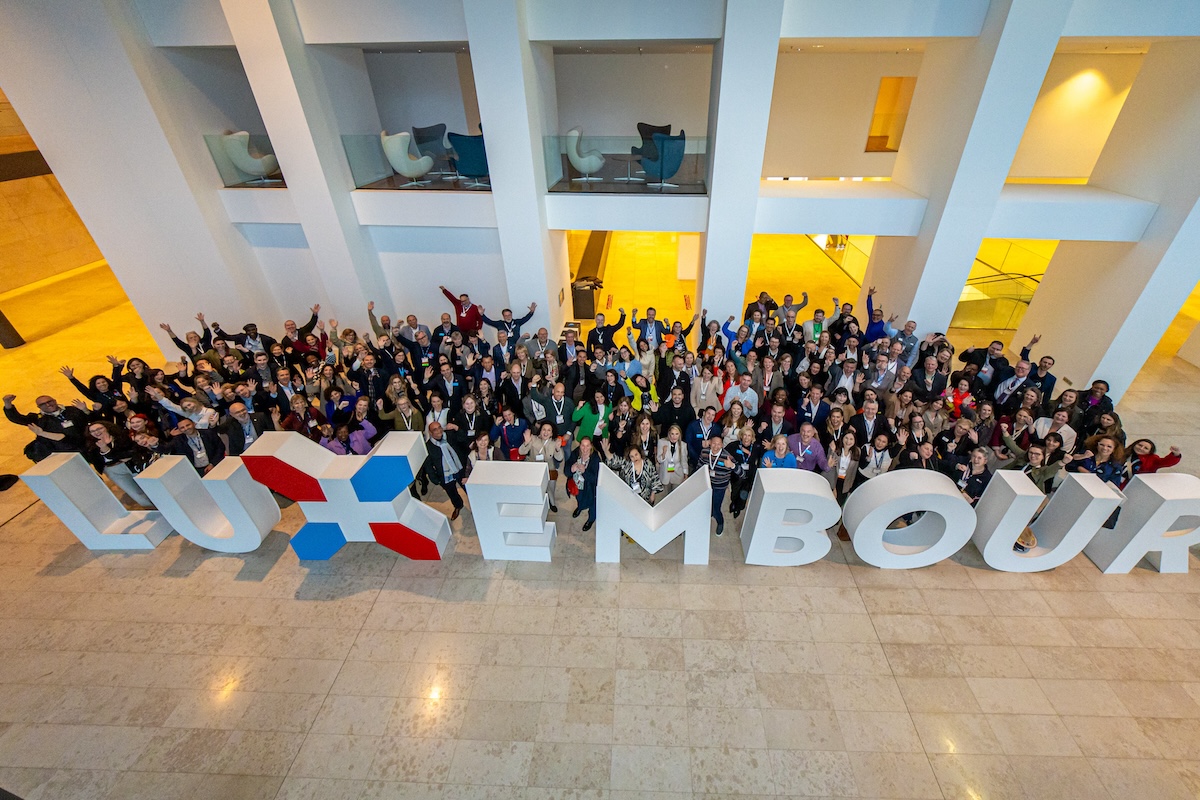Skift Take
Logistics are important when planning conferences but often overshadow what most are in the room for, content.
Rafat Ali, CEO and founder of Skift, recently expressed his dismay about the quality of conferences and the need for content solely focused on the audience’s needs. No one wants conferences failing attendees, but that is exactly what is happening.
“This has always bothered me. How little thought goes into on-stage programming, the in-room attendee experience, the speaker experience — so underrated — and into creating quality environments in and around that big spotlight room,” Ali wrote on LinkedIn.
“I have seen conferences do everything around programming right, and still miserably fail with boring, mind-numbing, sensory deprivation caverns,” he says.
A frequent speaker at industry conferences, Ali often gets second-by-second updates on logistics. “Yet there is zero handholding on the actual presentation,” he says.
Plus, there is superficial allure, he adds. “An aim for a cool and gravitas-filled ambiance through gimmicks rather than focusing on genuine on-stage quality.”
Another pet peeve — TV personalities or news anchors with little expertise or connection to the topic as moderators. What works better are experts with industry knowledge.
“And then, of course, there are the dreaded five-to-six person ‘manels’ on stage. And motivational or celebrity outside speakers. Most of the time, they are the most useless part of the program and it a sure sign you have no idea how to build substantive programming for your sector.”
Given the need for more focus on the quality of what is presented on stage and everything before, during, and after that enables it, networking has become the number one reason people attend events.
Content Must be Paramount
Event content is often pushed to the side for the more visible and tangible topics of location, venue, food and beverage, audiovisual, and more. Lea Worth, a professional education content and programming executive, stresses the importance of event owners having content professionals on their teams. “It would not only evolve their events but the industry as a whole as events would become more strategic,” said Worth.
Content professionals work directly with speakers and panels on topics, presentations, and coaching. They also encourage interactivity with the audience.
“A good conference content professional is ultimately a good researcher. We ensure the topics, titles, and speakers chosen reflect what the community wants through qualitative and quantitative research with the community that is conducted before a program is ever written,” Worth said.
This research helps create topics that need to be covered, titles that will draw registrations and speakers that will entice the audience. “Very often what the broader community wants isn’t entirely in line with what advisory boards, owners, and sponsors want to cover. This is where the content professional needs to act as the community advocate and work with the owners, sponsors, and advisory board members who often have their agendas to deliver on their goals at the same time as delivering value to the community,” said Worth.
Self-Aggrandizing Conference Formats
President of Enterprise Engagement Alliance Bruce Bolger is also frustrated by the return to self-aggrandizing conference formats. “I had hoped the pandemic would make event organizers realize we don’t need to travel to listen anymore. We can do that on demand on podcasts and YouTube. We now only want to travel to share learning and build relationships through experiences,” said Bolger. “Traditional keynote and panel discussions can be produced via live and streaming video.”
He refers to the old 80-20 rule in which 80 percent of the conference is auditorium or panel time and 20 percent is networking.
“Need to rethink that entire ratio,” he says. “Switch it completely around and get to the concept of what can I accomplish in person that I can’t in a Zoom meeting.”
Bolger says that plenary sessions that offer a platform for collective discussion and decision-making are still relevant. “That format still makes sense,” he said.
What aren’t speakers talking to attendees instead of attendees talking to each other, he asks.
Changing Up Room Formats
He suggests putting the stage in the center of the room. The format should be more like a town hall where everyone talks to each other. Facilitators should be able to engage the audience and encourage them to tell their stories.
“Speakers should be facilitators, not entertainers,” says Bolger. “The challenge is the speaking industry is more oriented to the old Tony Robbins-type model.”
Why should a company invest in gathering their people thousands of miles away from their homes? “To innovate, solve problems, or foster harmony,” says Bolger. “Cannot do that in a Zoom meeting.”
Instead of forced-fun activities, Bolger suggests creating exercises related to the business itself. “Get them involved in a core business issue,” he says.
He also advocates for getting attendees into the local destination whenever possible. “That’s what makes travel really enriching.”
Taking Risks
David T. Stevens, a wellness event architect and co-founder of Olympian Meeting, calls it the rinse-and-repeat effect. He asks why this is happening. “Are planners too afraid to try new things because the market is so volatile they’re afraid for their job? Or are executive demands and timelines so compressed there just isn’t time to have any whitespace to think through new ways of doing things?” he asks. “What I do know is there is screaming from the rooftops about how planners can increase ROI and engagement and it seems to be falling on deaf ears. They talk about it, but hardly anyone’s doing it or implementing these ideas tenured, tried, and true planners are proposing.”
Return on Emotion
When planning conferences, Tobias Weber, creative director and CEO of live communication agency format:c, factors in the return on emotion. “We follow a principle theory developed from various inputs and backgrounds. With my degree in theatre, film, and television science, I have added the unfailing wisdom of many theories about how emotions work in an audience, about perception, and about how spectators digest content and visual input. We call this theory stage identity,” says Weber. “We question every single part related to the sensual perception and strongly believe, all of these aspects need attention.”
Photo credit: thananit_s / Envato





